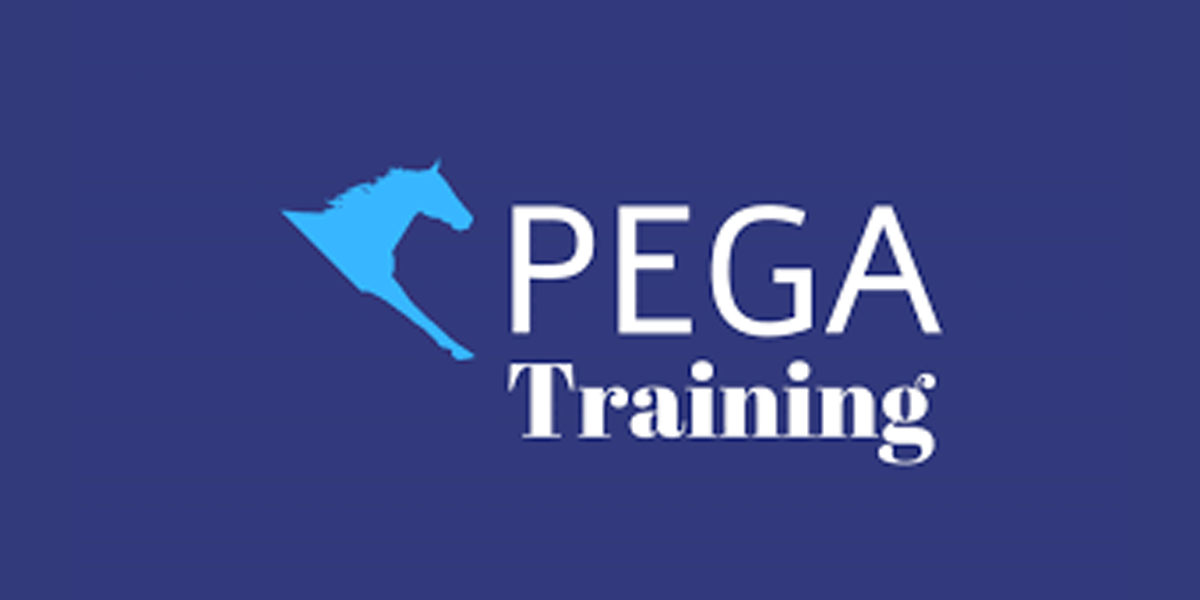Best PEGA Classroom institute in Hyderabad

Description
DettifossIT is a prominent name in the Hyderabad's best PEGA training institutes. We are one stop solution for people looking for top and best PEGA Training in Hyderabad and PEGA Online Training .
Our trainers are highly qualified and experienced in providing high quality training in Hyderabad. The Certified Expert Group has created our content and curriculum of PEGA based on current industry needs. This allows the students to be industry ready professional, where they can handle most realtime scenarios.
Pega is among the 5 best CRM systems in the world. This cloud based project also provides a set of tools for business process management. As this PEGA software program has lots of advanced concepts, you should get help from subject experts and industry experts. We have the best experts for you.
We offer PEGA Training in Hyderabad and PEGA Online Training with fast track, regular classes. We do provide PEGA corporate trainings and one to one PEGA training programs. Students can choose the best way to learn the course depending on their preference and time availability.
DettifossIT offers 100% placement Guaranteed program for deserving students.
Call US NOW & Enroll for FREE DEMO CLASS..! Click Here
-
30 - Oct - 2019 PEGA 40 Days Offline Enquiry
ARCHITECTURE
BUILDING CLASS STRUCTURE
CREATING OPERATOR ID
CREATING ACCESS GROUP.
CREATING APPLICATION.
CREATING RULE SET
CREATING RULE SET VERSION
CLASS STRUCTURES & HIERARCHY DESIGN
- Reusability and Hierarchy Design
- Discussion on reusability and its impact on application design
- Discussion on difference between a framework layer and an implementation layer
- Designing, creation an org structure comprised of an organization, divisions & bus units
- Discussion on the concept and benefits of building on a framework layer
- Designing , implementing a reusable class structure with appropriate top level classes,
- class Groups and work classes
- Classes and Class Groups/Work Pools
- Create classes and class groups
- Clear in detail discussion on the purpose of a class group and its relation to the application’s database and a user’s work pool
- Describe the difference between abstract and concrete classes
- Understand the difference between pattern and directed inheritance
FLOW DESIGN
- Design, build and test a multi-process flow
- Describe how a flow can support reusability
- Calling one flow from other flow using Smart Shapes and activities
- Design and implement a screen flow
- Ways how to divide a large flow into several smaller flows
Flow Actions:
- Define and create flow action rules
- Discussion on various methods used to define HTML in a flow action
- Know how to use and modify standard flow actions
- Activity Concepts
- Defining how and where activities are used in flows
- Listing some of the standard activities and their place of using
- Identify standard methods and other keywords
- Describe the purpose of iterations, preconditions and transitions
- Learn how to call an activity from a separate activity
- Pass parameters between activities
- Step Pages
- Discussion on the purpose of the Pages and Classes tab and the relationship to the step page
- Learn when to use a step page and its scope
- Learn when to use a primary page and its scope
- Methods
- Learn the behavior of Page-*, Obj-* and Property-Set methods
- Testing Activities
- Run an activity from the rule form
- Understand when to create a temporary test page
- Explanation on which tools can be used to test activities
- Using the Clipboard and tracer
- Validation
- Identification of the correct class in which a property should be defined
- Identify and describe the standard property prefixes
- Describing the property modes that can be selected in a property rule
- Learn the difference between the single, list and group type for the value and page modes
- Define an embedded page
- Naming the syntax used to reference pages and properties
- Defining a property that prompts a user to select a value
DATATRANSFORM
DATA PAGE
MODELS
- Define models to initialize data
- Learn how different HTML rule types are used to construct the user interface:
- Harness
- Section
- Flow Action
- User Interface
- Identify the standard harnesses and their functions
- Discussion on how sections can be embedded in other HTML rule types
- Using the Rules Inspector to identify HTML rule types and properties
- Learn the benefit of automatically generating HTML & the consequences of over-riding.
- Discussion on Use flow action rules to build portions of the user interface
Decision Rule Types
Describing the following types of decision rules and their function
- Decision Tables
- Decision Trees
- When Conditions
Fork and Decision Shapes
Explanation on the difference between fork shapes and decision shapes in a Flow
ATA TABLES STRUCTURE
“IMPLEMENTATION OF”
- Decision Tables
- Decision Trees
- Map Values
- When Conditions
- Fork
- Decision Shapes
- Making Data Table
- Understanding the best and difference between procedural and declarative program models
- Describe the benefits of declarative processing
- Identify the various computations types for Declare Expressions
- Describe how Declare Expressions can by dynamically called
- Describing the difference between thread and node Declare Pages
- Understanding how and when Declare Pages expire and can be refreshed
- Declaration of Constraint, Declare On change, Declare Expressions, Declare Index
- Understanding and discussion on the difference between a service and a connector
- Lesson on Making the connector and service and implement in real time scenario.
- List the most common service and connector protocols
- How to use the query through PRPC
ROUTING:
ToWorklist
To Workbasket
Agent
SLA:
Use SLA in Assignment.
PAL,DB Trace
Learning How to take the zip from server and package the rules
How to move application in different environment.
How to take data instance from the server.
AGENTS:
How to use agents.
How to use agents periodically.
RULE RESOLUTION ALGORITHM
PEGA GUARDRAILS.
“LATEST ADVANCED TOPICS ALSO COVERED”
Testimonials
Our Clients





Would you like to speak to one of our course advisers?
Just submit your contact details and we'll be in touch shortly.
@2018 Dettifoss IT. All rights reserved.

